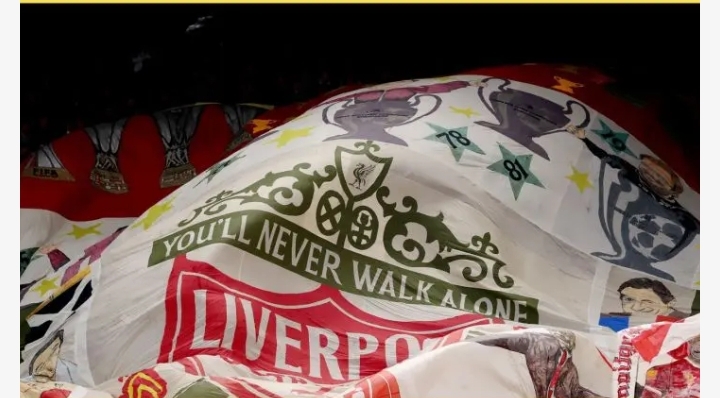
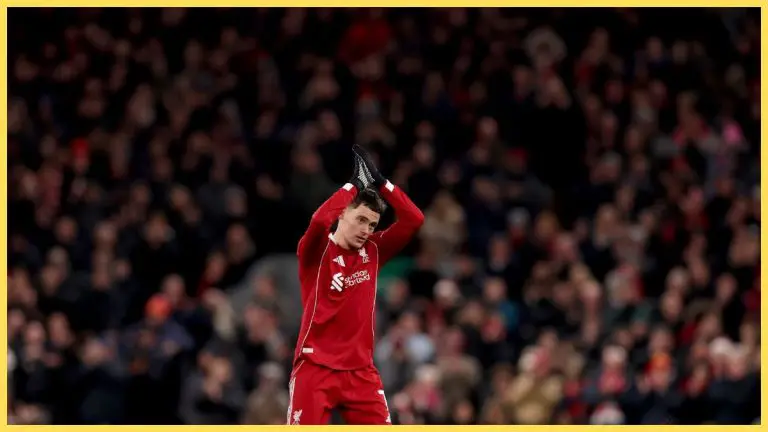
fitness following their 5-2 victory over West Ham United on Saturday. Manager Arne Slot indicated that the 22-year-old German international, who wears the No. 7 shirt, is unlikely to be fit in time for the upcoming trip to face Wolverhampton Wanderers on Tuesday.
When directly asked if Wirtz could feature in the midweek match, the 47-year-old coach replied that it would probably come too soon. He elaborated on how injury recoveries can shift unexpectedly from week to week.
Slot noted: “I said last week I didn’t expect him not to be available for today, so sometimes with an injury things can develop in a positive way or in a negative way.”
This reflects the fluctuating nature of Wirtz’s issue so far. He initially pulled out during the warm-up before the win at Nottingham Forest, with early indications suggesting a quick return. After that game, Slot had been optimistic, stating it wasn’t considered very serious and expressing hope for his availability the following week, though he cautioned that outcomes can vary.
However, the problem persisted, ruling him out of the West Ham clash as well. Before the match, Slot had already tempered expectations, admitting he didn’t anticipate Wirtz being involved and that the timeline remained unclear.
In his post-match comments after the West Ham win, Slot struck a somewhat more encouraging note—suggesting the setback might not drag on excessively—but still emphasized caution, with Tuesday looking improbable.
He added that the subsequent week appears tight at this stage, while highlighting how his earlier predictions had already proven off the mark once.
Even in a high-scoring game like the one against West Ham, Wirtz’s absence continues to influence Liverpool’s attacking patterns, especially when opponents defend deep and challenge the team to penetrate lines.
The playmaker has featured in 25 Premier League matches this season, starting 21, and his key underlying statistics highlight his role as a vital creative hub, explaining why Slot and the club are prioritizing a careful recovery over rushing him back—particularly with upcoming fixtures against Wolves (potentially twice, including in the FA Cup) and the Champions League return against Galatasaray.
Slot’s remarks serve as a broader reminder that safeguarding the player’s long-term health outweighs the urgency of any single game.
Ultimately, Liverpool’s position is clear: Wirtz is making progress, but Tuesday is likely too premature, and while a return the following week isn’t impossible, it’s far from certain. As a result, the team may need to adjust their style and rotation strategy without one of their most impactful attackers for a bit longer than initially anticipated.
Leave a Reply
Your email address will not be published. Required fields are marked *
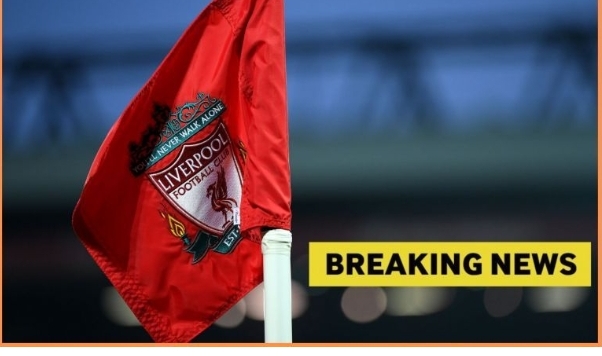
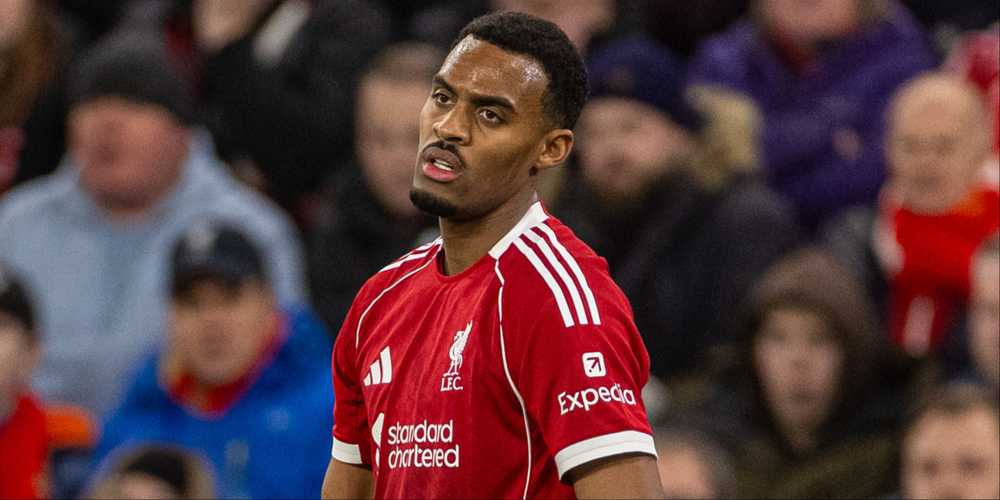
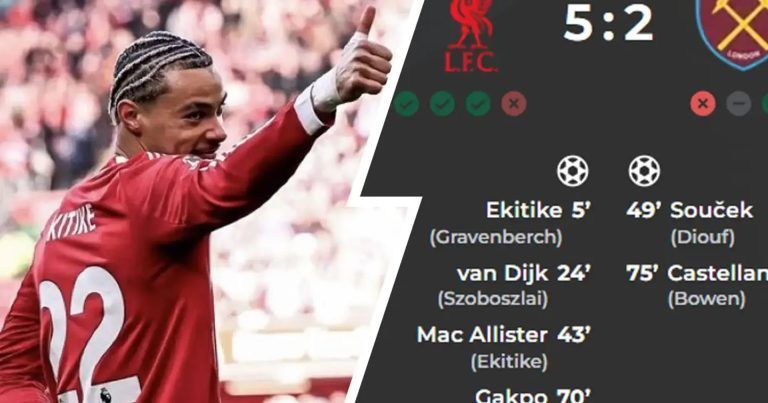


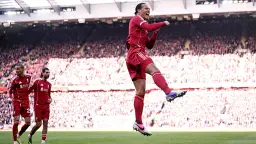
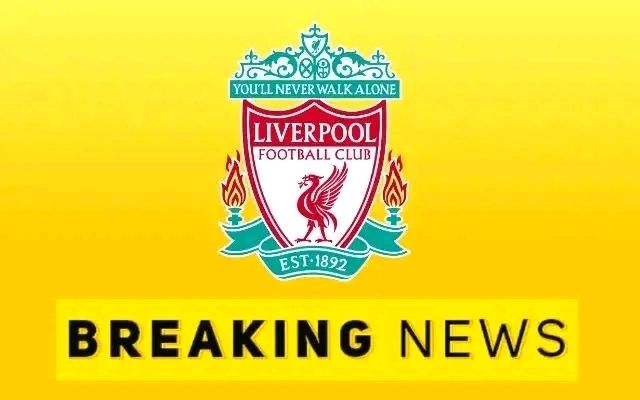

 From Doubt to Dominance
From Doubt to Dominance
 Captaincy Talk Already?
Captaincy Talk Already? A Star Rising at Anfield
A Star Rising at Anfield